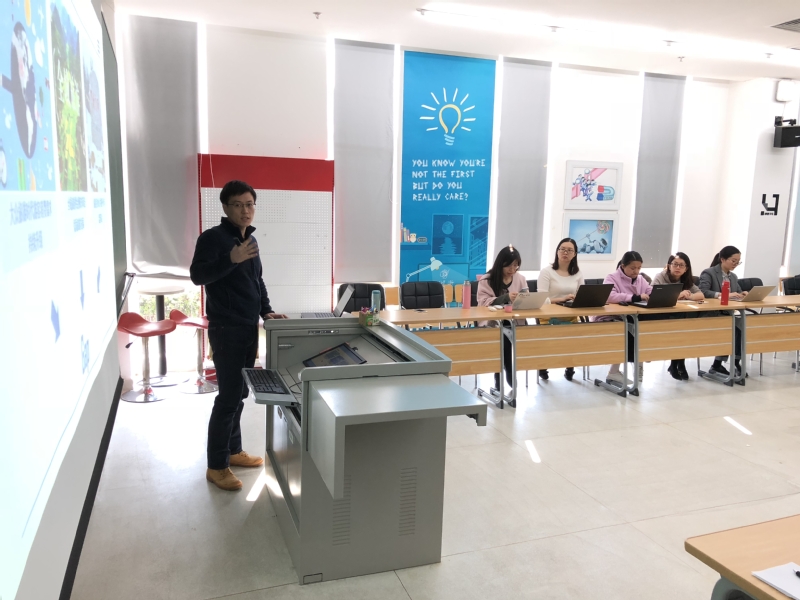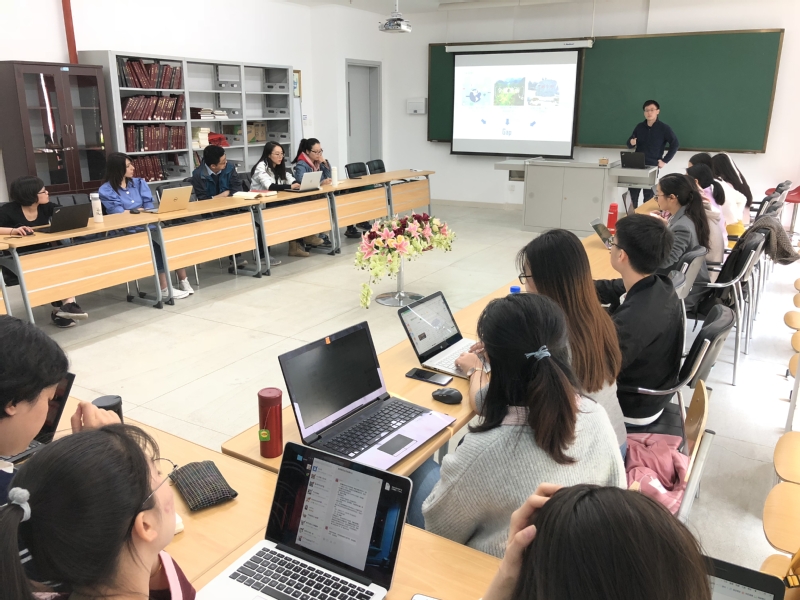(Correspondent: Liu Hongxu)
On March 29th, the 87th Bi-weekly Forum was held as scheduled in classroom No. 106 in our college. Wei Mingqiu, a doctoral student of 2016 conducted exchange and sharing on the theme of The Study on the Evaluation of Tourist Public Services under the Background of Global Tourism. Graduate students of our college participated in this forum.

Global tourism brings new changes to the strategic positioning of tourism development, and also puts forward new requirements for the construction and development of tourist public services as the basic tourist supportive elements.
Based on the tourist perception and combined with the concept of “big tourism” and “big service” advocated by global tourism, Wei Mingqiu developed the evaluation system and measuring tools of public service quality of global tourism. Using this evaluation tool to measure the quality of destination tourism public service is helpful to the destination for improving the welfare of tourists, promoting the optimization of industrial structure and exploring scientific development ways.
Basing on the current research, Wei Mingqiu started by putting forward the new requirements for tourist public service supply under the global tourism background - full space coverage, the consistency of the entire process, shared by the whole society and all-around empathy of tourist public service. In the design of evaluation tools, based on the tourist perspective, under the framework of the SERVQUAL model, the evaluation indicators were selected using the analytic hierarchy process in which six dimensions were selected: tangibility, empathy, responsiveness, supportability, sharing, and accessibility. These dimensions were decomposed into specific indicators. During the designing of scales, the project pool was purified by two rounds of questionnaire distribution and the structure of the scale was verified. Finally, an evaluation scale of tourist public service quality was obtained for 29 items in 6 dimensions.

In the end, Wei Mingqiu shared two findings from this study: first, conducting evaluation studies is not equivalent to scale development, nor equivalent to a questionnaire; second, the role of pre-study design in the research process is critical, and it is very important to clearly define the boundary among constructs when selecting them.
After his sharing, Dr. Wei Mingqiu answered questions about specific operations of selecting evaluation indicators. This sharing was of great help and provided guidance to students who are interested in conducting evaluation studies and scale development.

